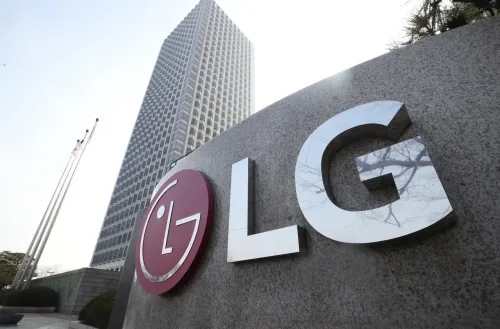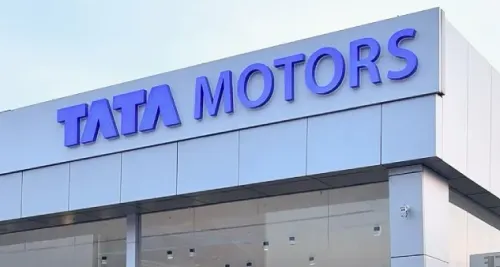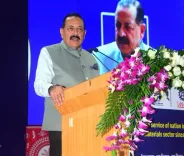Do Younger Indians Really Prefer Early Retirement?

Synopsis
Key Takeaways
- Younger Indians are increasingly favoring early retirement.
- 43 percent seek to retire between 45 and 55.
- 55 percent expect pensions over Rs 1 lakh.
- The Unified Pension Scheme (UPS) offers significant benefits.
- High-risk investments appeal to the younger demographic.
New Delhi, June 3 (NationPress) A recent report indicates that younger Indians, particularly those aged 25 and under, are increasingly inclined towards early retirement. Among this demographic, 43 percent express a desire to retire between the ages of 45 and 55. Overall, 56 percent of respondents intend to retire between 55 and 65, which aligns with traditional retirement ages in India.
Interestingly, over half of those surveyed (55 percent) anticipate a monthly pension of more than Rs 1 lakh. However, only 11 percent feel that their current investments will suffice to fulfill these expectations, according to the survey conducted by Grant Thornton Bharat.
The findings highlight that government-backed retirement plans are the most favored, with 39 percent of participants opting for such schemes.
Additionally, high-risk, high-return investment options are particularly attractive to younger individuals, with 31 percent of respondents under 25 showing interest in these opportunities. This trend points to a rising willingness to embrace risk among younger populations.
The government has substituted the National Pension Scheme (NPS) with the Unified Pension Scheme (UPS), which guarantees government employees 50 percent of their last drawn salary as a lifelong monthly pension, along with periodic dearness relief increases and a minimum pension of Rs 10,000.
Furthermore, the government has introduced the NPS Vatsalya scheme, designed to secure children's financial futures through pension accounts. This initiative allows minors to subscribe with flexible contributions beginning at Rs 1,000 annually, and offers an online platform for seamless registration, also accessible to NRIs.
Vivek Iyer, Partner and Financial Services Risk Leader at Grant Thornton Bharat, commented, "As our workforce continues to grow, the disparity between anticipated retirement requirements and actual savings behavior is becoming increasingly pronounced. Addressing this gap necessitates a strong and inclusive pension framework that caters to individuals' lifecycle needs while bolstering macroeconomic objectives such as capital formation and financial stability."
Many individuals also perceive their gratuity amounts as inadequate, and the low rate of annuity investments further underscores the uncertainty surrounding guaranteed income post-retirement.
Ramkumar S, Partner at Grant Thornton Bharat, stated, "As India evolves into the 4th largest economy, it is crucial to establish a robust pension system. The shifting demographics, with an anticipated increase in the aging population by 2050, will lean heavily on pensions for financial independence."









